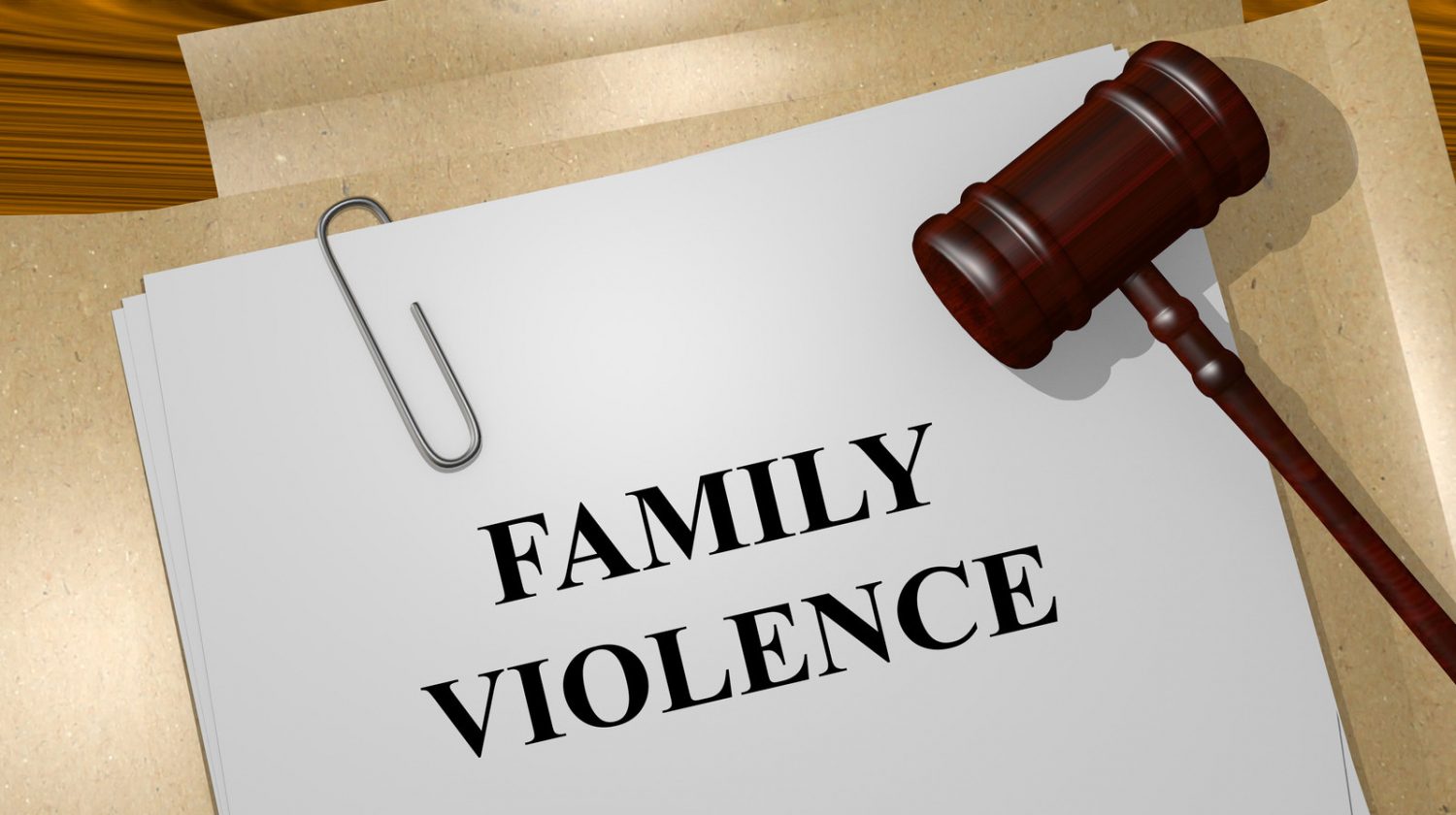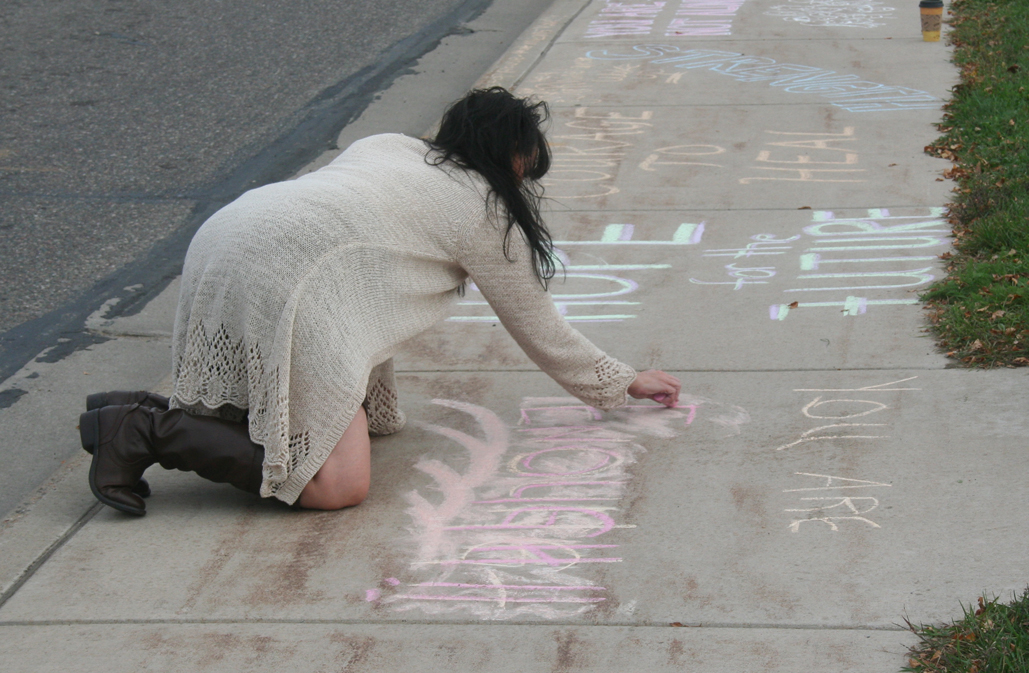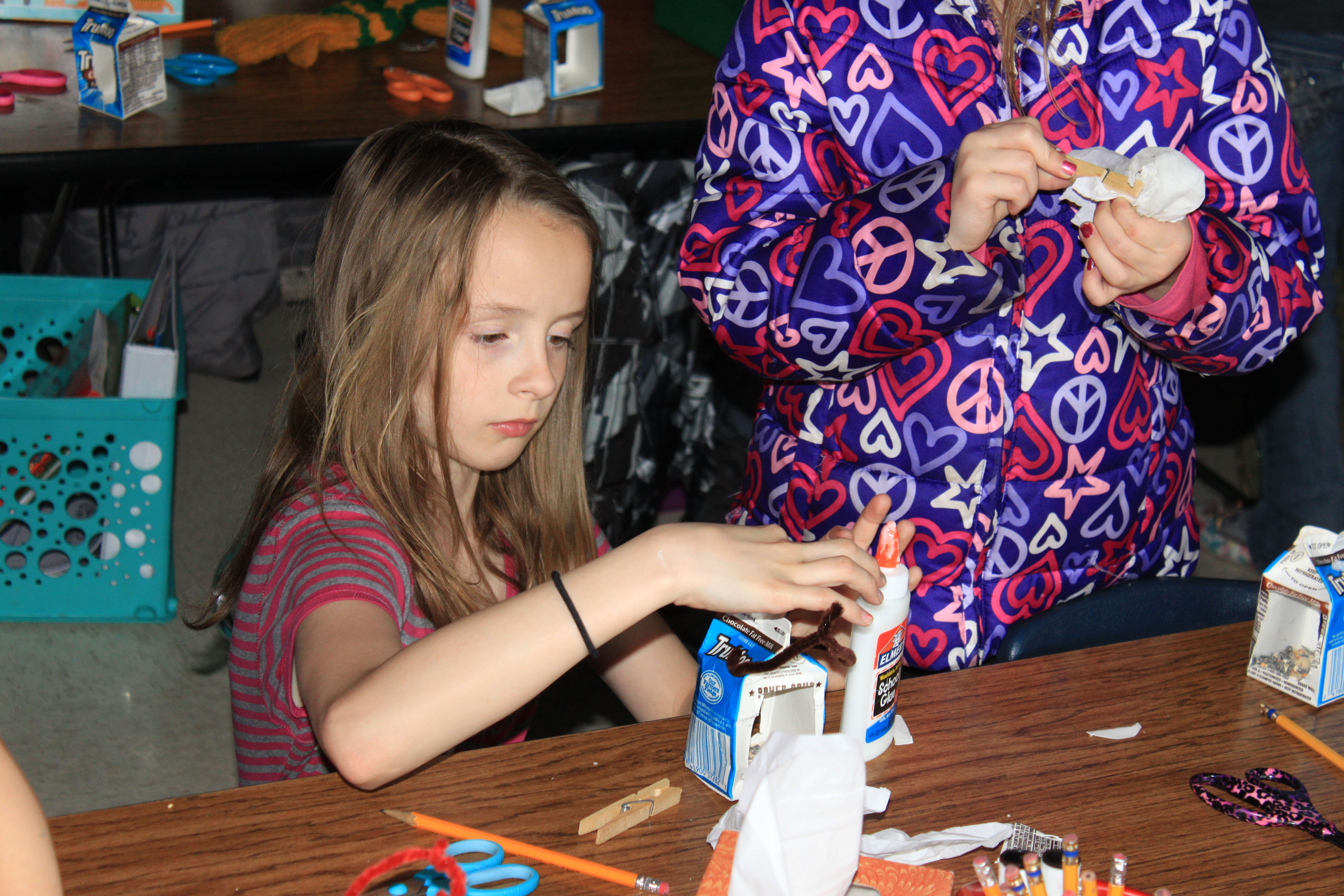Victim advocates discuss physical, emotional effects of abuse

The bigger picture
By Eileen Persike
Editor
Some 50 domestic abuse victims are buried every year in Wisconsin. One recent week, the state saw seven domestic abuse homicides. Seven in one week is alarming, according to one victim advocate.
“Abuse is a learned behavior, but there is no shown correlation between being abused and being an abuser,” according to Sexual Assault Program Coordinator for Tri-County Council, Braden Bayne-Allison. “It’s a learned and modeled behavior and it can affect some people and others not. We don’t know.”
Physical, mental, verbal, sexual abuse are words that have crept into local vocabulary following the recent release of historical information surrounding the Ashlee Martinson double homicide case.
“We consider these domestic abuse homicides,” Bayne-Allison said of the Ayers deaths. “The underlying abuse is a terrible opportunity, but an opportunity nonetheless, to be discussing this.”
First and foremost, the abuser needs to be held accountable, said Melissa Dailey, Domestic Violence Advocate at Tri-County Council. But at the same time, the person who was abused needs to seek help.
“We have to put in the work to fix ourselves; we can’t expect other people to fix us,” said Dailey. “We can find out what it’s like to be in a meaningful relationship and say, “I can be, I deserve to be” in a healthy relationship.”
If a person doesn’t know what that is, he or she will only ever be in what are called toxic relationships.
“[According to the plea agreement attachment] people tried to set Jennifer up with men who did not have criminal records and she wasn’t attracted to them,” Dailey continued. “Well, of course she wasn’t attracted to them because all she knows is the abuse.”
“The fact is that male relationship, the father/daughter relationship for Jennifer was so tainted,” said Bayne-Allison. “It’s rare that someone who suffered abuse like that can pull themselves up and become a successful healthy person. Especially with incest which has such a deep and horrible affect on people, it can take years and years of work and counseling to overcome.”
For young, developing minds, abuse and trauma can actually stunt brain development and alter the chemical balance.
“When you have a young developing mind the most important thing is a feeling of security and safety,” explained Bayne-Allison. “If they have that base they can explore, they can reach out and learn things like language and spatial skills and how to interact positively with their environment.”
Living in fear at a young age can stunt brain growth. Fear causes something Bayne-Allison calls toxic stress. Humans all have the fight, flight or freeze response, which releases endorphins and these chemicals rush to the brain, causing humans to react. Adults can handle all of that chemical activity, but children, not so much.
“With young people’s developing brains, those levels of hormones and endorphins are toxic,” he said. “So if they are constantly in that fight, flight, freeze mode caused by trauma and fear, it has been shown to stunt the growth of certain parts of the brain.”
Jennifer Ayers and Ashlee Martinson both experienced repeated trauma as children and the three young girls in the house certainly did, too. According to the facts presented in the plea agreement attachment, the girls, ages 2, 8 and 9 at the time, were subjected to spanking with a belt until they cried, made to stand on their toes in a corner, punched, kicked and choked. Adverse childhood experiences can be counteracted with proper validation, encouragement and support, but if not, repeatedly traumatized children will, by the time they are teenagers, be less like to be able to regulate their emotions and impulses, more likely to become alcoholics, commit suicide, fail in school.
“The results are really disturbing and it all stems from something they have no control over, which is their home environment,” according to Bayne-Allison. “What is happening at home from a very young age is not only emotionally and psychologically affecting them, but the literal chemistry of their brains is affected as well.”
Dailey and Bayne-Allison said the outpouring of support for the Ayers family last year was incredible, and they still take calls from community members who are interested in the welfare of the three young girls. They cannot, however, disclose any information they may have on the status of the remaining family members
Reporting abuse
- Always support and believe the victim, regardless of their age
- If anything is suspected, tell a professional
- Write it down. Be specific. Create a paper trail.
- Anything reported to Tri-County Council on Domestic Violence and Sexual Assault is 100 percent confidential.
Leave a reply
You must be logged in to post a comment.





